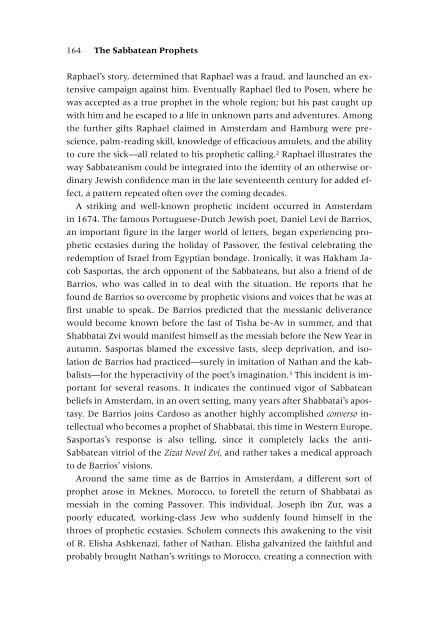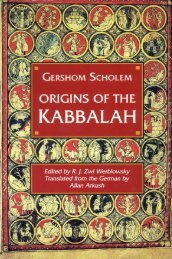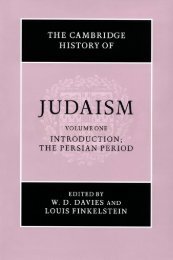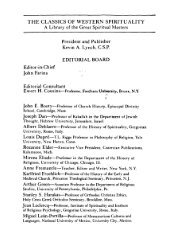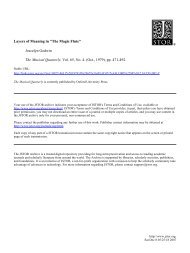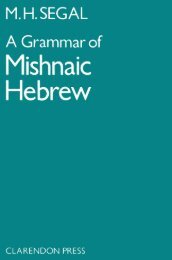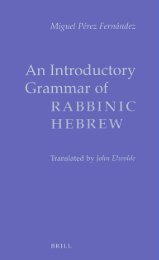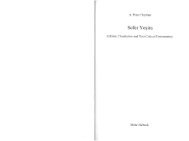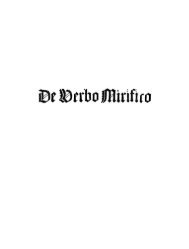You also want an ePaper? Increase the reach of your titles
YUMPU automatically turns print PDFs into web optimized ePapers that Google loves.
164 <strong>The</strong> <strong>Sabbatean</strong> <strong>Prophets</strong><br />
Raphael’s story, determined that Raphael was a fraud, and launched an extensive<br />
campaign against him. Eventually Raphael fled to Posen, where he<br />
was accepted as a true prophet in the whole region; but his past caught up<br />
with him and he escaped to a life in unknown parts and adventures. Among<br />
the further gifts Raphael claimed in Amsterdam and Hamburg were prescience,<br />
palm-reading skill, knowledge of efficacious amulets, and the ability<br />
to cure the sick—all related to his prophetic calling. 2 Raphael illustrates the<br />
way <strong>Sabbatean</strong>ism could be integrated into the identity of an otherwise ordinary<br />
Jewish confidence man in the late seventeenth century for added effect,<br />
a pattern repeated often over the coming decades.<br />
A striking and well-known prophetic incident occurred in Amsterdam<br />
in 1674. <strong>The</strong> famous Portuguese-Dutch Jewish poet, Daniel Levi de Barrios,<br />
an important figure in the larger world of letters, began experiencing prophetic<br />
ecstasies during the holiday of Passover, the festival celebrating the<br />
redemption of Israel from Egyptian bondage. Ironically, it was Hakham Jacob<br />
Sasportas, the arch opponent of the <strong>Sabbatean</strong>s, but also a friend of de<br />
Barrios, who was called in to deal with the situation. He reports that he<br />
found de Barrios so overcome by prophetic visions and voices that he was at<br />
first unable to speak. De Barrios predicted that the messianic deliverance<br />
would become known before the fast of Tisha be-Av in summer, and that<br />
Shabbatai Zvi would manifest himself as the messiah before the New Year in<br />
autumn. Sasportas blamed the excessive fasts, sleep deprivation, and isolation<br />
de Barrios had practiced—surely in imitation of Nathan and the kabbalists—for<br />
the hyperactivity of the poet’s imagination. 3 This incident is important<br />
for several reasons. It indicates the continued vigor of <strong>Sabbatean</strong><br />
beliefs in Amsterdam, in an overt setting, many years after Shabbatai’s apostasy.<br />
De Barrios joins Cardoso as another highly accomplished converso intellectual<br />
who becomes a prophet of Shabbatai, this time in Western Europe.<br />
Sasportas’s response is also telling, since it completely lacks the anti-<br />
<strong>Sabbatean</strong> vitriol of the Zizat Novel Zvi, and rather takes a medical approach<br />
to de Barrios’ visions.<br />
Around the same time as de Barrios in Amsterdam, a different sort of<br />
prophet arose in Meknes, Morocco, to foretell the return of Shabbatai as<br />
messiah in the coming Passover. This individual, Joseph ibn Zur, was a<br />
poorly educated, working-class Jew who suddenly found himself in the<br />
throes of prophetic ecstasies. Scholem connects this awakening to the visit<br />
of R. Elisha Ashkenazi, father of Nathan. Elisha galvanized the faithful and<br />
probably brought Nathan’s writings to Morocco, creating a connection with


